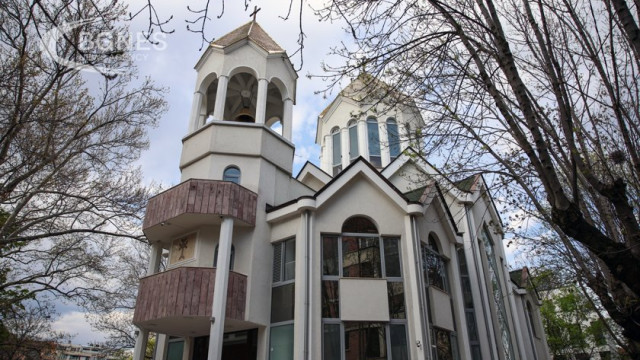April 24 is the International Day of Remembrance for the Victims of the Armenian Genocide.
The Armenian Genocide, also called the Armenian Holocaust, was a genocide committed deliberately and systematically by the Ottoman Empire during and shortly after World War I against the Armenian population. The Armenian Genocide was characterized by mass massacres and forced mass deportation of over 1,000,000 Armenians by the Young Turk authorities in 1915 and 1916. Repressions against the Armenian population began several years before, in the late 19th century. The victims during this period are about 300,000 people.
Between 1895 and 1921, 1,543,271 men, women and children were slaughtered, many more displaced. The Republic of Turkey, the successor of the Ottoman Empire, objects to the use of the term "genocide" to describe the events of that time, and does not recognize any responsibility of the Turkish people or the Turkish or Ottoman administrations for these events.
As of 2007, 22 countries have declared the official recognition of the events of this period as genocide, like them, this point of view is also accepted by most researchers and historians. Most members of Armenian communities around the world are Armenian Genocide survivors as well as their descendants. The memory of the victims of the Armenian Genocide is commemorated every year on April 24. On April 24, 2015, in connection with the commemoration of the 100th anniversary of the event, the Bulgarian National Assembly adopted a declaration recognizing the "mass extermination" of Armenians./BGNES







